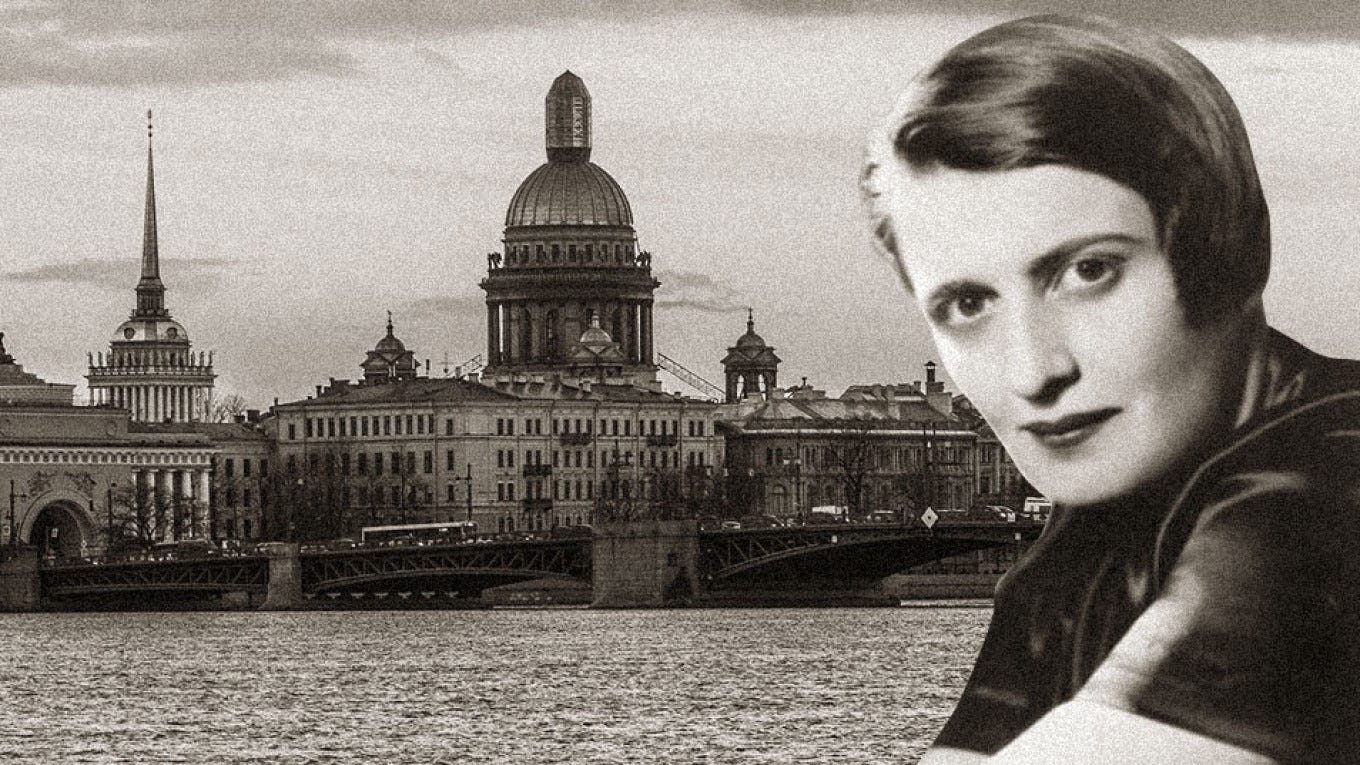To finish off my celebration of Ayn Rand’s 100th birthday (see also here and here) now let me turn to her contribution to social science.
I remember that a critic of Murray Rothbard’s work in economics, history, and philosophy quipped that libertarian economists liked everything but his economics, libertarian historians liked everything but his history, and libertarian philosophers liked everything but his philosophy. So it would be a telling blow against Rand if I, as a professor of economics, admired everything but her social science.
In fact, I’m impressed. She has a firm grip on intermediate microeconomics. Especially in Atlas Shrugged, Rand has an amazing ability to dramatize general equilibrium theory – the way that positive and negative economic shocks ripple outwards through the economy.
But Rand really shines when she writes about the economics of politics. Atlas came out in 1957, and it’s got more about rent-seeking than the next 15 years of public choice scholarship. As I explain in “Atlas Shrugged and Public Choice: The Obvious Parallels,” (forthcoming in a book edited by Ed Younkins):
Each piece of legislation [in Atlas] has the following components:
1. A public-interest rationale.
2. Supportive interest groups with a hidden financial agenda.
3. Negative consequences for the general public.
Take the Equalization of Opportunity Bill, which forbids anyone to own more than one business. The public-interest rationale:
The editorial said that at a time of dwindling production, shrinking markets and vanishing opportunities to make a living, it was unfair to let one man hoard several business enterprises, while others had none; it was destructive to let a few corner all the resources, leaving others no chance; competition was essential to society, and it was society’s duty to see that no competitor ever rose beyond the range of anybody who wanted to compete with him.
But who is really behind the Bill? In my own words:
The Bill’s hidden intent, however, is to help Orren Boyle compete with Rearden Steel. Rearden produces his own iron ore, and Boyle has trouble finding a reliable supplier. Forcing Rearden to divest makes it easier for Boyle – or at least harder for Rearden – to get the ore. To secure the Bill’s passage, Boyle calls in a favor from Jim Taggart; after all, Boyle helped Taggart get the Anti-dog-eat-dog Rule. Taggart persuades Rearden’s Washington man, Wesley Mouch, to double-cross him. Mouch’s reward is the assistant’s job in the Bureau of National Planning.
What are the negative consequences for the public? Some businessmen set up dummy corporations to evade the law, but overall the quality of the management goes way down. And when an economic boom starts in Colorado, many entrepreneurs sell their primary businesses – or close them down – to start fresh!
Rand also probes the deeper questions of public choice. If these policies are so bad, how do politicians who support them get elected? Rand’s answer is that voters are irrational. Not only do they systematically underestimate the costs of regulation, but they do so with a dogmatic chip on their shoulders.
But for the social scientist, the most fascinating facet of Rand’s thought is her depiction of the interaction between economics and politics. In Atlas, as the economy nosedives, politicians respond by making policy even worse, which leads to further economic collapse – and even more misguided policy. Rand traces the effects of economic shocks not merely through the economy, but upon public opinion, into politics, and back to the economy. Her general equilibrium analysis makes even Gerard Debreu look a tad superficial.
The post appeared first on Econlib.





I don't know if you comment upon this, but I think that Rand's greatest insights were into the sociology/psychology of the anti-capitalist crowd. I can't watch anything by Robert Reich - when I can stand to watch anything by him at all - without thinking about Ayn Rand. He is the perfect Randian villian, including physically.
Do you recommend any books on the philosophy of economics?